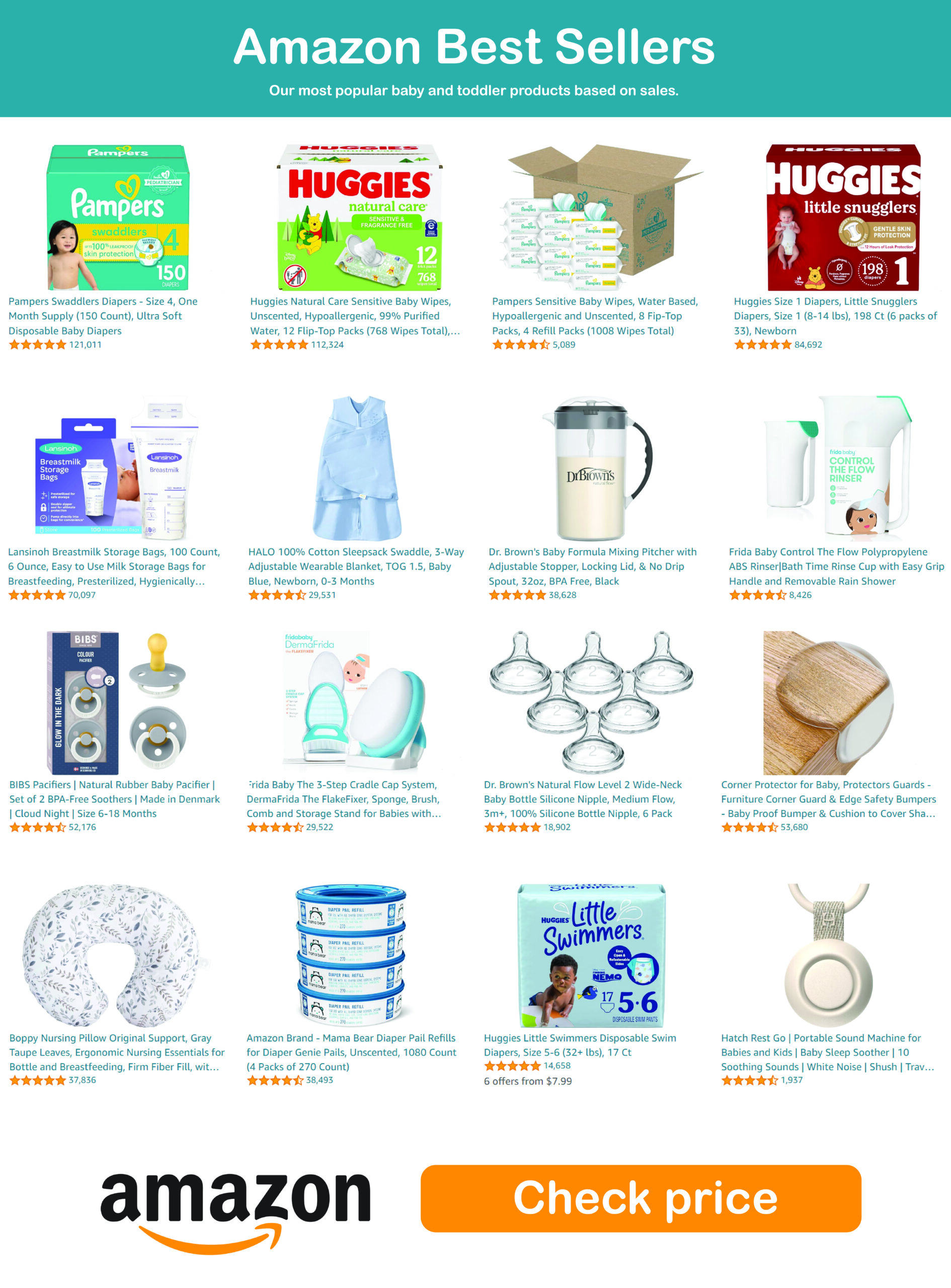As someone who’s spent years working with children between 3 months and 5 years old, I’ve not only witnessed the early stages of development and learning but have also navigated the intricate dance of work-life balance alongside many parents.
Mastering this balance is akin to a juggling act, where each ball represents different facets of our lives—career, family, personal well-being.
Let me share with you some strategies and insights I’ve gathered on how to maintain this delicate equilibrium, drawing from my own experiences and those of the families I’ve worked with.
The Realities of Work-Life Balance
Finding a harmonious balance between work and home life is a challenge that many of us face. In my years of working in childcare, I’ve seen firsthand the struggles and triumphs of parents striving to fulfill their roles both at work and at home.
Understanding Work-Life Balance
Work-life balance isn’t about dividing your time evenly between work and personal life; it’s about finding a blend that allows you to feel fulfilled and content in both areas. In my experience, this balance is fluid and changes with life’s seasons.
The Impact on Families
The quest for balance affects not just individuals but entire families. I’ve gathered from my work that when parents are stretched too thin, it can trickle down to their children, affecting their emotional well-being and behavior. Conversely, I’ve seen how a healthy balance can foster a positive, nurturing home environment.
Strategies for Achieving Balance
Over the years, I’ve tried, tested, and refined various strategies to help parents (and myself) find a work-life balance that sustains our family’s well-being while allowing us to thrive professionally.
Setting Realistic Expectations
One of the first lessons I learned was the importance of setting realistic expectations—for ourselves and from others. It’s been my secret weapon in managing the pressures of work and family life.
Acknowledging that perfection is unattainable and focusing on what truly matters can alleviate much of the stress associated with juggling multiple responsibilities.
Time Management and Prioritization
Effective time management has been crucial in my journey to balance. I’ve personally used tools like digital calendars and to-do lists to prioritize tasks, set boundaries, and allocate time for work, family, and self-care. T
his approach has helped me and the families I work with to focus our energy where it’s most needed, making the most of the time we have.
Embrace Flexibility
In my work, I’ve seen that being flexible with how, when, and where work gets done can significantly reduce stress.
Flexibility might mean adjusting work hours, working remotely when possible, or even being open to changing how household chores are managed. This adaptability has been key in managing unexpected demands of both work and family life.
Learn to Delegate
Delegating tasks, both at work and at home, has been a game-changer for me. It’s easy to fall into the trap of believing we need to do everything ourselves.
However, in my experience, sharing responsibilities, whether by outsourcing certain tasks or involving the whole family in household chores, can lighten the load and teach valuable skills to children about teamwork and responsibility.
Communicate Openly with Employers and Family
Open communication has been instrumental in finding a balance that works. I’ve found it beneficial to have honest discussions with my employer about my needs and limitations as a parent.
Similarly, regularly checking in with family members to discuss everyone’s needs and how to best support each other has fostered a more cooperative and understanding home environment.
Self-Care as a Non-Negotiable
In my work, I’ve seen that one of the first things to fall by the wayside in a busy parent’s life is self-care.
Yet, I’ve found that making time for ourselves isn’t a luxury—it’s essential for maintaining our health, happiness, and ability to care for others.
Finding Moments for Self-Care
I’ve personally tested various quick self-care practices that can be woven into a busy day.
Whether it’s a five-minute meditation, a short walk, or simply enjoying a cup of coffee in silence, these moments can recharge your batteries and improve your overall well-being.
Practice Gratitude and Mindfulness
Finally, incorporating gratitude and mindfulness into daily routines has been my secret weapon for maintaining perspective.
Taking time each day to reflect on what I’m thankful for, including the challenges that help me grow, has enhanced my emotional well-being.
Mindfulness practices, even just a few minutes of deep breathing or meditation, have helped me stay centered amidst the chaos of balancing work and family life.
The Role of Community and Support
Navigating work-life balance doesn’t have to be a solo journey. In my years of working with children and their families, I’ve seen the powerful impact of community support in making this balancing act more manageable.
Building Your Support Network
From what I’ve experienced, having a robust support network can significantly ease the pressures of parenting and working. This network might include family, friends, childcare providers, or parent groups.
It’s through my work that I’ve seen how sharing responsibilities and leaning on others for emotional support can make a world of difference.
Final Thoughts
Mastering the work-life balance as a parent is an ongoing process, full of adjustments and learning along the way.
In my journey in childcare and through my experiences with children and their families, I’ve gathered that while achieving perfect balance every day might not be realistic, striving for a fulfilling and manageable blend of work and family life is absolutely within reach.
Remember, it’s not just about the time spent in each area of your life but about making that time meaningful and satisfying.












